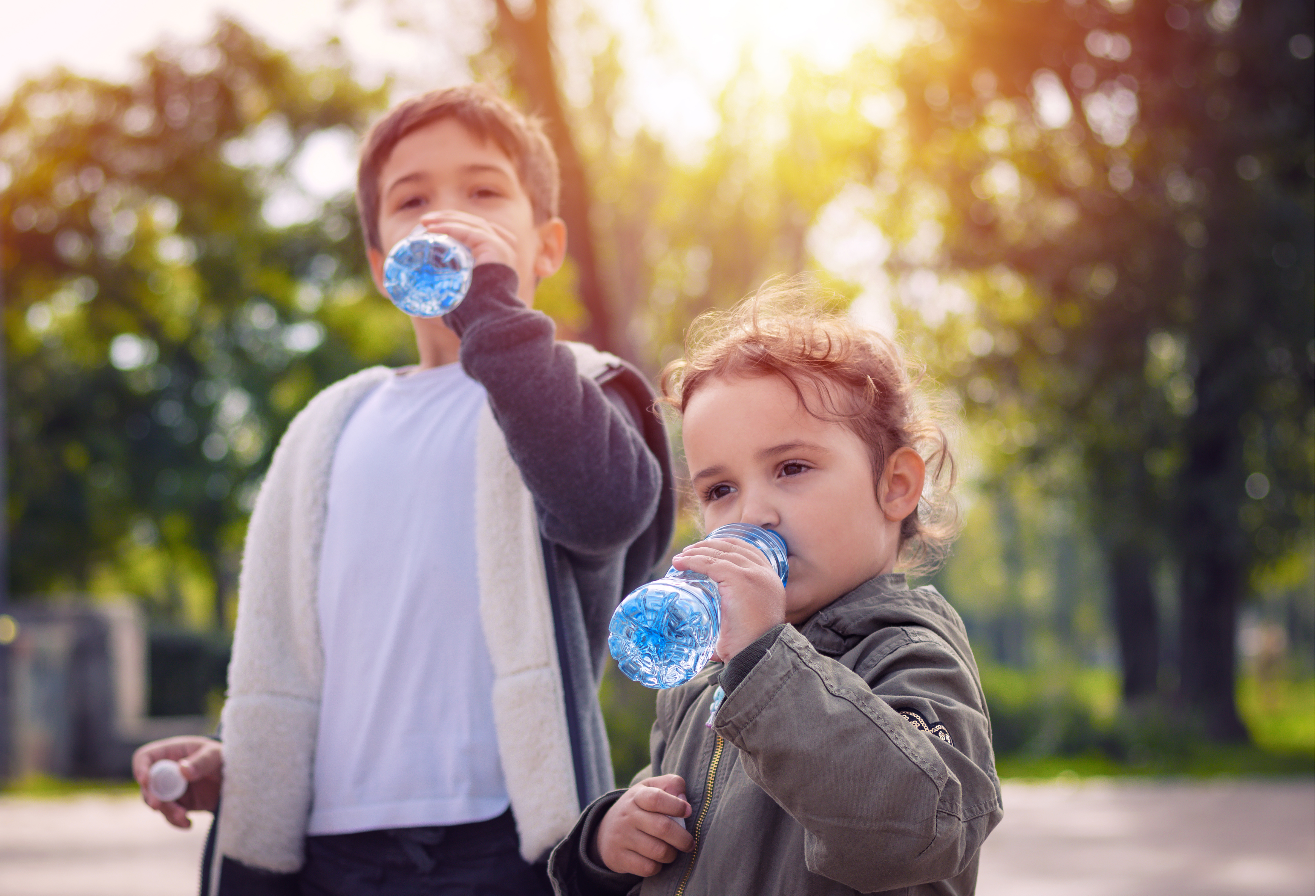
Thirsty for health: water consumption behaviors in Caribbean and European adolescents
Drinking sugary drinks is linked to dire health risks, like weight gain. Water drinking, on the other hand, is essential for our health. This study in Dialogues in Health examines factors that shape adolescent water-drinking behavior. The study focuses on young people from Aruba and the Netherlands. Interestingly, promoting water drinking can discourage adolescents from choosing sugary drinks.
Take aways
- Young people from Aruba and the Netherlands do not follow the advisory guidelines to drink eight glasses a day of noncaloric fluids.
- Water drinking promotion campaigns could and should enhance youth's motivation to drink water, especially in the Caribbean.
- Involving the social influence of peers is a fitting, useful, and practical campaign strategy.
Study information
Who?
1,584 adolescents (mean age: 12, age range 8-18 years, 52% female)
Where?
Aruba and the Netherlands
How?
All participants completed a questionnaire, containing questions about drinking patterns, to what extent they liked water, and their motivations to drink water. The adolescents also described the water drinking patterns of their close ones (parents/caretakers and friends), and if those close ones approved of them drinking water. The researchers then compared the answers of Aruban teens to those of the Dutch ones.
Facts and findings
- Overall, young people in Aruba typically consumed more water than their Dutch peers. While the youth in Aruba drank four and a half glasses of water daily, those from the Netherlands only drank an average of three glasses.
- Aruban youth also thought their friends drank more water than Dutch youth thought their friends did.
- Aruban youth drank more water when they liked drinking water, this is called intrinsic motivation. Compared to Dutch teens, teens in Aruba were twice as likely to drink water because they wanted to, not because they had to.
- Seeing their friends drink water was more important for Aruban kids. They're more likely to drink up when their friends did, more so than the Dutch kids.
- Alarmingly, both Aruban and Dutch adolescents only drank an average of four glasses of water a day. In addition, young people from Aruba drank about four times more sugary drinks than their peers from the Netherlands.